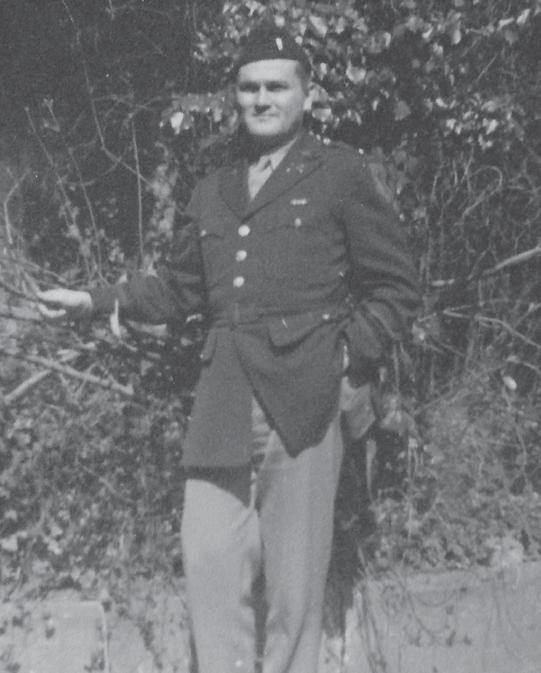
2 minute read
Bunkering With Books
Discovering Classics
BY CONNIE CRONLEY
What I love about the open shelves of libraries and bookstores is the possibility of discovery. We might come across new books we’ve read about, older books we’ve forgotten, and sometimes reprints of classics we never knew.
This is how I discovered two of the books I’m featuring this month – new paperbacks of established classics. They were first printed decades ago, but I felt like Marco Polo on the Silk Road or Roald Amundsen at the South Pole. The thrill of discovery was just as great, but the effort was much easier. All I did was browse among books.
“Things Fall Apart”
“Things Fall Apart” is the first of Nigerian author Chinua Achebe’s acclaimed African Trilogy. Published in 1958, it has sold more than 20 million copies in 57 languages to become the most famous African novel. This small book, just 209 pages, is considered a masterpiece in world literature and earned Achebe the sobriquet “father of modern African literature.”

The novel centers around Okonkwo, a powerful Ibo (ethnic Nigerian) warrior, in a precolonial village on the Niger River in the late 1800s. Gender roles were rigid; the men were expected to be fierce and fearless, not “soft like a woman.” The people revered the land, feared the village oracles, celebrated at the annual yam harvest, and observed harsh taboos. The birth of twins was such a bad omen, the babies were put into an earthen pot and abandoned in the forest.
Clan lifestyle is upended when British political and religious authorities arrive uninvited. They build schools and hospitals and they bring modern goods, but colonialization is cataclysmic. Families are torn apart and “all of our gods are weeping,” one character says.
“How can the white man understand our custom about land when he does not even speak our tongue? ... The white man is very clever. He came quietly and peaceably with his religion. We were amused at his foolishness and allowed him to stay. Now he has won our brothers and our clan can no longer act like one. He has put a knife on the things that held us together and we have fallen apart.”
“The Ten Grandmothers”
The book reminded me of “The Ten Grandmothers: Epic of the Kiowas,” by Alice Marriott. Angie Debo insisted I read this book, and it has claimed a place of honor on my bookshelf. Originally published in 1945, it is the work of the first woman to earn an anthropological degree from the University of Oklahoma. She also held degrees in English and French, but as an early review said, “Don’t let [her anthropologist] academic title scare you away; she can write.” This book, the result of her fieldwork among the Kiowas in southwestern Oklahoma, is recognized as one of the best books ever written about Indians.

Marriott traces the Kiowas, a plains tribe, from their precolonial camp in 1847 to 1944, in a captivating collection of Indian stories told through the lives of people such as Spear Woman, Hunting Horse, and Crow Necklace. It is storytelling at its best, illustrating tribal history, societies, customs, legends, food, clothing, and culture – including the 10 sacred medicine bundles known as the Ten Grandmothers. The book reminds me that we in Oklahoma are surrounded by a history rich with varied cultures.
“A Judgement in Stone”
The Black Lizard Collection is a reprint of classic vintage crime novels by giants in the field: Raymond Chandler, Dashiell Hammett, Ross Macdonald, and more. Through this series, I discovered “A Judgement in Stone” by Ruth Rendell, the prolific British mystery writer who produced two dozen Inspector Wexford novels and about 30 stand-alone crime books.
“A Judgement in Stone,” a British cousin to American Noir, is a crime masterpiece and deserves its Black Lizard reprint status. In the first line on the first page, Rendell tells us who killed whom and why. That’s usually the ending, but she then keeps us enthralled throughout an entire book in this upside-down mystery.
What mastery.








